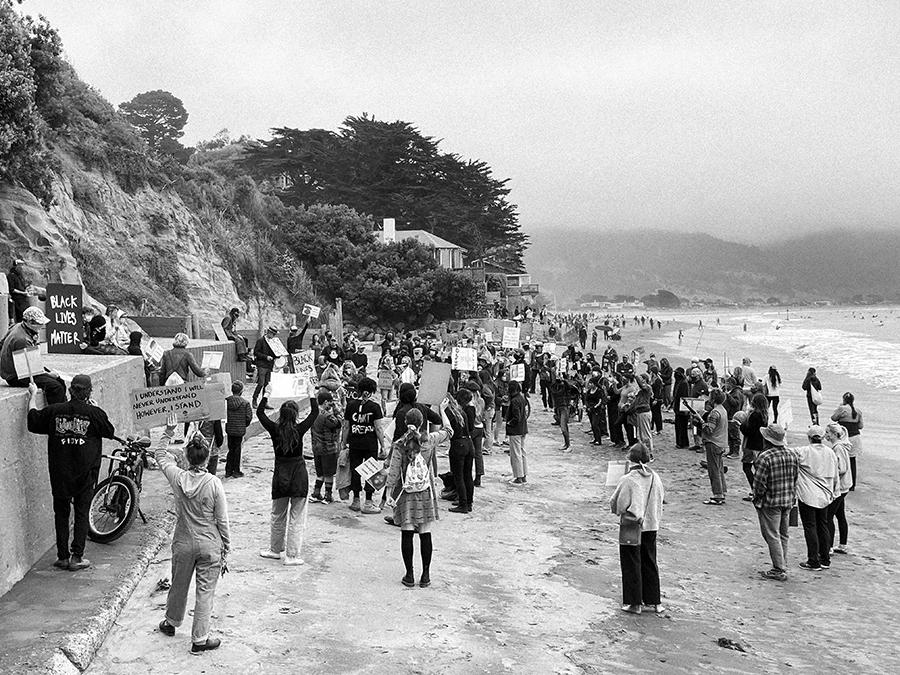On one side, Sheriff Robert Doyle, the unapologetic head of county law enforcement who proudly defends his department from criticism. On the other side . . .
Amid outcry, supervisors halve sheriff’s budget ask


On one side, Sheriff Robert Doyle, the unapologetic head of county law enforcement who proudly defends his department from criticism. On the other side . . .